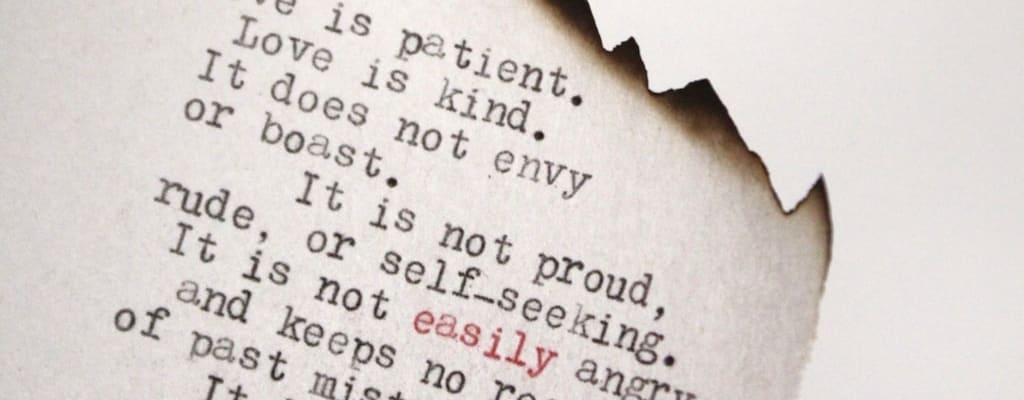curiouser and curiouser: Idiom Meaning and Origin
What does ‘curiouser and curiouser’ mean?
The idiom "curiouser and curiouser" is an expression derived from Lewis Carroll's "Alice's Adventures in Wonderland." It signifies increasing curiosity or unusual circumstances.

Idiom Explorer
The idiom "odd and curious" is used to describe something that is strange, unusual, or peculiar. It implies a sense of intrigue or fascination about the subject.
"Go figure" is an idiomatic expression used to imply that something is surprising or difficult to understand.
The idiom "double Dutch" refers to something that is confusing or difficult to understand, often because of language barriers or complex instructions.
The idiom "dog my cats" means that someone is surprised or shocked by something. It is often used to express disbelief or astonishment.
The idiom "devil in disguise" means that someone or something appears good or harmless but turns out to be a problem or evil in reality.
The idiom "cat-and-mouse" refers to a situation where one person or group is constantly chasing or trying to catch another, often in a playful or deceptive manner. It is a metaphor for a strategic and unpredictable game of pursuit or evasion.
The idiom "believe it or not" is used to introduce something surprising or hard to believe, but true. It is often used to add emphasis to a statement or anecdote.
The idiom "beg to differ" means politely expressing a disagreement or opposing viewpoint.
The idiom "become of" is used to inquire or speculate about the outcome or fate of someone or something in the future, usually in a negative or uncertain context.
The idiom "beats me" is used to express confusion or lack of understanding about something. It implies that the speaker does not know the answer or reason for a certain situation or question.
The Unfathomable Depths
Curiouser and curiouser, a phrase made famous by Lewis Carroll's Alice's Adventures in Wonderland. The idiom, which originated in the 19th century, is an extension of the word "curious," meaning eager to know or learn something. The phrase acts as an intensifier, implying a deepening sense of curiosity or confusion.
While the idiom is most commonly associated with the character of Alice and her encounters in Wonderland, its usage extends beyond the realm of literature. It has become a popular expression used to convey bewilderment, surprise, or a desire to explore the unknown.
The idiom "odd and curious" is closely related to "curiouser and curiouser." Both phrases share a similar meaning of expressing wonder and intrigue. However, "curiouser and curiouser" adds an element of intensification, emphasizing a stronger sense of curiosity than "odd and curious." When faced with something unusual or puzzling, one might exclaim "odd and curious," while "curiouser and curiouser" would be used to express even deeper curiosity or confusion.
The use of the word "curiouser" as a comparative form of "curious" is unusual, as it deviates from standard grammatical rules. However, this linguistic departure adds to the idiom's charm and uniqueness. Its repetitive structure, with "curiouser" repeated twice in quick succession, creates a sense of escalating wonder and intrigue.
While "curiouser and curiouser" is not directly related to the idiom "autem diver," both phrases share the common theme of curiosity. "Autem diver" is a Latin phrase that translates to "a deep desire for knowledge." It signifies a strong longing to explore and understand the world around us. Although "autem diver" is not commonly used in everyday conversations, it reflects the same spirit of intellectual curiosity as "curiouser and curiouser."
Through its repeated use in Alice's Adventures in Wonderland, the idiom has become deeply ingrained in popular culture and has been widely adopted in various contexts. It has been utilized in literature, film, music, and everyday conversation to capture the essence of a mesmerizing or perplexing situation.
The origins of the idiom can be traced back to Carroll's creative mind. He was known for his inventive use of language, often blending words or creating new ones to suit the fantastical world he crafted. "Curiouser and curiouser" serves as a testament to Carroll's linguistic creativity and his ability to captivate readers with unconventional expressions.
While the idiom itself does not hold a concrete, universally accepted meaning, its essence remains intact. It signifies a state of heightened curiosity, a yearning to uncover the mysteries of the world. It captures the human desire to delve deeper into the unknown, to embrace the wonders that lie beyond the surface.
As we reflect on the idiom, we are reminded of the vast possibilities that await our curious minds. It encourages us to push the boundaries of knowledge and embrace the inexplicable. "Curiouser and curiouser" serves as a gentle reminder that there will always be more to discover, more to explore, and more to be amazed by.
Example usage
Examples of how the idiom curiouser and curiouser can be used in a sentence are:
- "As Alice ventured further into Wonderland, she found herself in increasingly bizarre situations - everything was getting curiouser and curiouser."
- "The detective couldn't help but feel intrigued as the clues led him down a maze of unexpected twists and turns, making the mystery all the more curiouser and curiouser."
- "The scientist's experiments with time travel yielded fascinating and peculiar results, causing her to exclaim 'curiouser and curiouser' with each new discovery."
More "Alice" idioms
We missed the mark - nothing found.



